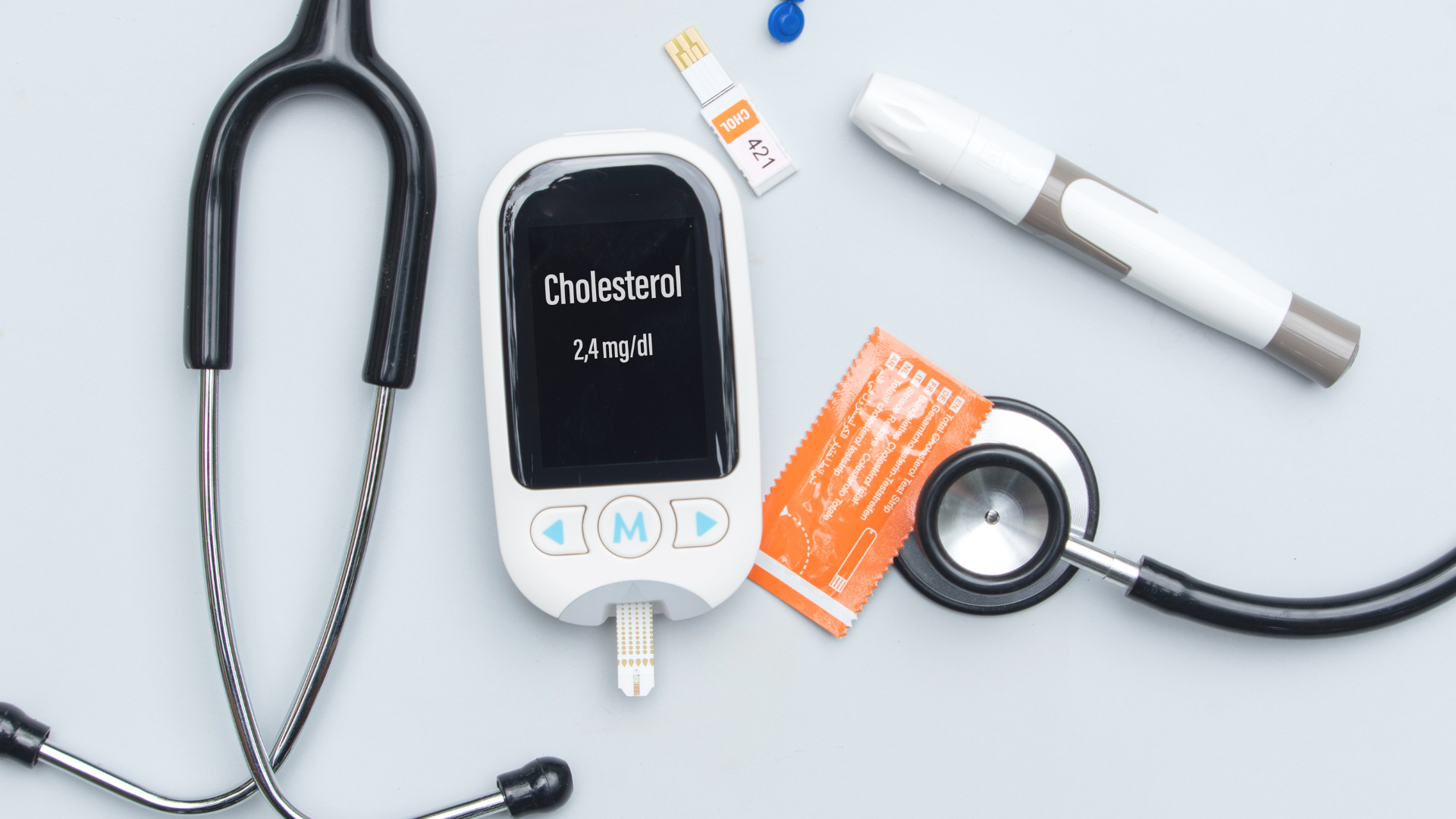Menopause is a natural biological transition in a woman’s life, typically occurring between the ages of 45 and 55, though it can arrive earlier or later. While it marks the end of menstrual cycles, menopause is far more than just a physical milestone—it brings a host of emotional, psychological, and cognitive challenges. The hormonal shifts that occur during this stage often have a direct impact on mental health, leaving many women grappling with anxiety, mood swings, and the often-overlooked but highly disruptive symptom of brain fog.
Understanding these changes and learning how to manage them can empower women to navigate menopause with resilience, balance, and improved quality of life. In this blog, we will explore the science behind menopause and mental health, the specific challenges women face, and practical strategies to cope with anxiety, mood fluctuations, and brain fog.
The Connection Between Menopause and Mental Health
The primary driver of menopause-related mental health challenges is hormonal fluctuation. Levels of estrogen and progesterone—two key hormones that regulate the menstrual cycle—decline during menopause. These hormones also play an essential role in neurotransmitter function, particularly serotonin, dopamine, and GABA, which regulate mood, cognition, and anxiety.
- Estrogen Decline: Estrogen influences serotonin, the “feel-good” neurotransmitter. A drop in estrogen can cause mood dips, irritability, and heightened emotional sensitivity.
- Progesterone Decline: Known for its calming effects, progesterone interacts with GABA receptors in the brain. When progesterone decreases, women may experience heightened anxiety and restlessness.
- Sleep Disruptions: Night sweats and insomnia are common menopausal symptoms, and poor sleep further worsens mood swings, irritability, and cognitive impairment.
Together, these factors create a perfect storm that directly impacts mental health during menopause.
Anxiety During Menopause
Why Anxiety Increases
Many women report heightened anxiety during perimenopause and menopause, even if they’ve never struggled with it before. This is often due to:
- Hormonal fluctuations affecting the nervous system.
- Increased life stressors during midlife, such as career demands, aging parents, or children leaving home.
- Worries about health, aging, or loss of fertility.
Symptoms of Menopause-Related Anxiety
- Racing thoughts
- Restlessness or nervous energy
- Heart palpitations
- Irrational fears or panic attacks
- Difficulty concentrating
Coping Strategies for Anxiety
- Breathing and Mindfulness Practices
Mindfulness meditation, yoga, and deep breathing exercises activate the parasympathetic nervous system, reducing stress response. - Cognitive-Behavioral Therapy (CBT)
CBT helps women challenge negative thought patterns and develop healthier coping mechanisms. - Exercise
Regular physical activity increases endorphins, stabilizes mood, and reduces stress hormones. Walking, swimming, or even dancing can be excellent options. - Limit Stimulants
Reducing caffeine, alcohol, and nicotine can significantly decrease anxiety triggers.
Mood Swings in Menopause
The Emotional Rollercoaster
Mood swings are one of the most recognizable symptoms of menopause. A woman may feel joyful one moment and irritable or tearful the next. These sudden shifts are linked to erratic hormone levels that disrupt emotional regulation.
Contributing Factors
- Decline in estrogen impacting serotonin production.
- Poor sleep, amplifying irritability.
- Psychological stressors like family or career transitions.
Strategies to Stabilize Mood
- Healthy Lifestyle Choices
A nutrient-rich diet (high in omega-3 fatty acids, whole grains, and leafy greens) supports brain health and mood stability. - Journaling and Emotional Expression
Writing about emotions or engaging in creative outlets helps process feelings and reduce bottled-up frustration. - Support Networks
Talking with friends, joining support groups, or seeking therapy can provide validation and perspective. - Hormone Replacement Therapy (HRT)
For some women, HRT can balance hormones and alleviate mood disturbances. However, it should be considered under medical supervision due to potential risks.
Brain Fog and Cognitive Challenges
What is Menopausal Brain Fog?
Many women in midlife describe difficulties with memory, concentration, and mental clarity, often referred to as “brain fog.” It’s not dementia or permanent cognitive decline but rather a temporary effect of hormonal changes.
Common complaints include:
- Forgetting words mid-sentence
- Struggling with multitasking
- Misplacing items
- Slower information recall
Causes of Brain Fog
- Reduced estrogen, which affects acetylcholine (a neurotransmitter crucial for memory).
- Sleep deprivation caused by night sweats or insomnia.
- Stress and anxiety overwhelming cognitive function.
Ways to Improve Cognitive Clarity
- Prioritize Quality Sleep
Stick to a consistent sleep schedule, create a calming bedtime routine, and avoid blue light before bed. - Mental Stimulation
Engage in activities that challenge the brain, such as puzzles, reading, or learning a new skill. - Nutrition for the Brain
Diets rich in antioxidants, omega-3s, and B vitamins support brain function. Foods like salmon, nuts, berries, and leafy greens are particularly beneficial. - Exercise for the Mind and Body
Physical activity enhances blood flow to the brain, improving memory and focus. - Stay Organized
Use planners, reminders, or apps to manage daily tasks and reduce cognitive overload.
The Role of Self-Compassion
One of the most important aspects of managing menopause-related mental health challenges is practicing self-compassion. Women often feel pressure to maintain high levels of productivity and emotional stability, despite the challenges they face. Recognizing that menopause is a significant life transition—and allowing oneself patience and kindness—can greatly improve mental well-being.
When to Seek Professional Help
While mild symptoms can often be managed through lifestyle changes, professional help may be needed if:
- Anxiety or depression interferes with daily life.
- Panic attacks become frequent.
- Memory issues significantly impact work or relationships.
- Mood swings feel uncontrollable or lead to destructive behaviors.
Psychologists, psychiatrists, or gynecologists specializing in menopausal health can offer targeted treatments, including therapy, medications, or hormone interventions.
Holistic Approaches to Support Mental Health During Menopause
- Herbal Supplements
Some women find relief with natural remedies like black cohosh, ashwagandha, or red clover. Always consult a healthcare professional before use. - Mind-Body Practices
Techniques like tai chi, qigong, or guided imagery promote relaxation and mental clarity. - Community and Peer Support
Sharing experiences with other women going through menopause fosters a sense of belonging and reduces isolation. - Routine Medical Checkups
Regular health screenings ensure that other underlying conditions (thyroid issues, vitamin deficiencies, etc.) aren’t mistaken for menopausal symptoms.
Looking Ahead: Redefining Menopause
Menopause has long been stigmatized or treated solely as a medical issue, but today, more women are embracing it as a time of transformation. By addressing mental health openly, women can reframe menopause not as an end, but as a new chapter of growth, wisdom, and strength.
Instead of silently struggling with anxiety, mood swings, or brain fog, acknowledging and managing these symptoms can empower women to thrive.
Final Thoughts
Menopause is an inevitable stage in life, but it doesn’t have to mean suffering in silence. Understanding the profound link between menopause and mental health helps normalize the challenges women face. With proactive strategies—ranging from lifestyle adjustments and therapy to medical treatments—women can successfully manage anxiety, mood swings, and brain fog.
The key lies in a holistic approach: balancing body, mind, and emotions while cultivating self-compassion. Menopause is not the end of vitality; it is a transition that, when embraced with awareness and care, can open the door to a new era of resilience, confidence, and fulfillment.





